
8 Common Reasons For Waking Up at Night

Sleep plays an essential role in maintaining overall health and well-being. It helps the body recover, boosts immunity, sharpens mental function, and supports emotional balance. However, waking up frequently during the night can be frustrating and negatively impact your daily performance, mood, and quality of life. The first step to improving your sleep is understanding what might be causing these disturbances. Below are some of the most common reasons for interrupted sleep—along with actionable tips to help you get the restful night’s sleep your body needs.
1. Frequent Urination (Nocturia)
Waking up in the middle of the night to use the bathroom is a common sleep disruptor, especially as we age. This condition, known as nocturia, can interfere with deep sleep cycles. To help minimize nighttime urination, try limiting your fluid intake in the hours leading up to bedtime—especially beverages containing caffeine or alcohol, which can irritate the bladder.
If the problem persists despite lifestyle adjustments, it may be a sign of an underlying health condition such as an overactive bladder, diabetes, or an enlarged prostate. In such cases, it’s important to speak with a healthcare provider to explore appropriate treatments.
2. Overheating During the Night
Feeling too hot while sleeping can cause frequent awakenings and discomfort. To maintain an optimal sleep environment, keep your bedroom cool—ideally between 60 to 67 degrees Fahrenheit (15 to 19 degrees Celsius). Use lightweight, breathable bedding and consider using a fan, air conditioning, or moisture-wicking sleepwear.
For individuals experiencing hot flashes or night sweats due to menopause or medication side effects, a conversation with your doctor may lead to targeted treatments or lifestyle adjustments that can significantly improve sleep quality.
3. Sleep Apnea

Sleep apnea is a serious medical condition characterized by interrupted breathing during sleep. It often causes multiple awakenings throughout the night, even if you don’t fully regain consciousness each time. Other signs may include loud snoring, gasping for air, and excessive daytime sleepiness.
If you suspect you might have sleep apnea, it's crucial to seek a medical evaluation. Treatments may include continuous positive airway pressure (CPAP) machines, oral appliances, or lifestyle changes like weight loss. Addressing sleep apnea not only improves sleep quality but can also reduce your risk of heart disease and high blood pressure.
4. Insomnia
Insomnia—difficulty falling asleep or staying asleep—is a common but disruptive condition. It can result from stress, irregular sleep schedules, or underlying mental or physical health issues. To manage insomnia, create a consistent and calming bedtime routine. Avoid screens and stimulating activities at least an hour before bed, and ensure your bedroom is dark, quiet, and comfortable.
In persistent or severe cases, cognitive behavioral therapy for insomnia (CBT-I) is a highly effective treatment option. Medications may also be prescribed as a short-term solution under medical supervision.
5. Anxiety, Depression, and Chronic Worry
Mental health challenges such as anxiety, depression, and chronic stress can significantly disrupt sleep by increasing mental arousal and making it harder to relax before bed. Racing thoughts or emotional distress may cause frequent awakenings or early morning waking.
Therapy, medication, mindfulness techniques, or guided relaxation exercises like deep breathing or progressive muscle relaxation can help ease mental tension. Establishing a calming, screen-free bedtime ritual can also signal your mind that it's time to rest, promoting more peaceful sleep.
6. Night Terrors
Though more common in children, night terrors can also affect adults and cause them to wake abruptly in a state of confusion or fear—often without remembering the event. While occasional episodes are not usually harmful, frequent night terrors may point to an underlying issue such as stress, trauma, or sleep disorders.
Seeking support from a mental health or sleep specialist can provide insight and help manage triggers. In some cases, medication or therapy may be recommended to reduce their frequency and intensity.
7. Indigestion and Acid Reflux
Eating large, fatty, or spicy meals too close to bedtime can lead to indigestion or acid reflux, which can wake you up during the night with discomfort or a burning sensation. To reduce the risk, try eating dinner at least 2–3 hours before going to sleep and opt for lighter meals in the evening.
Avoid lying down immediately after eating, and consider elevating the head of your bed slightly to prevent stomach acid from rising. For chronic or severe symptoms, a doctor may prescribe medications to manage acid production and improve sleep continuity.
8. Screen Time, Light, and Environmental Disruptions

Exposure to screens, bright lights, and noise in the evening can interfere with your body’s natural circadian rhythm and melatonin production. This can delay sleep onset and make it harder to stay asleep through the night.
To counteract these effects, limit screen use at least one hour before bed, use blue light filters, and install blackout curtains or eye masks to block unwanted light. Earplugs or white noise machines can help drown out ambient sounds and create a more restful atmosphere.
Creating a bedtime ritual—such as reading a physical book, taking a warm bath, or practicing gentle yoga—can help your body transition naturally into sleep mode.
Final Thoughts: Prioritize Restorative Sleep
Achieving consistent, high-quality sleep is one of the most important things you can do for your overall health. By identifying the underlying causes of nighttime awakenings and addressing them through lifestyle changes or medical support, you can take meaningful steps toward better rest.
Practicing good sleep hygiene, managing physical and mental health conditions, and creating a peaceful sleep environment are all key strategies. If sleep disruptions continue despite your best efforts, consult a healthcare provider or sleep specialist for personalized guidance. Better sleep isn’t just a dream—it’s a goal within reach.
News in the same category


A Nigerian Scientist Developed a High-Tech Cancer-Detecting Goggles That Help Surgeons Spot Cancer Cells More Accurately.

Scientists discover ultra-massive 'blob' in space with a mass of 36,000,000,000 suns

What’s the Small Hole in a Padlock For?

World’s First Surviving Septuplets Celebrate 27th Birthday
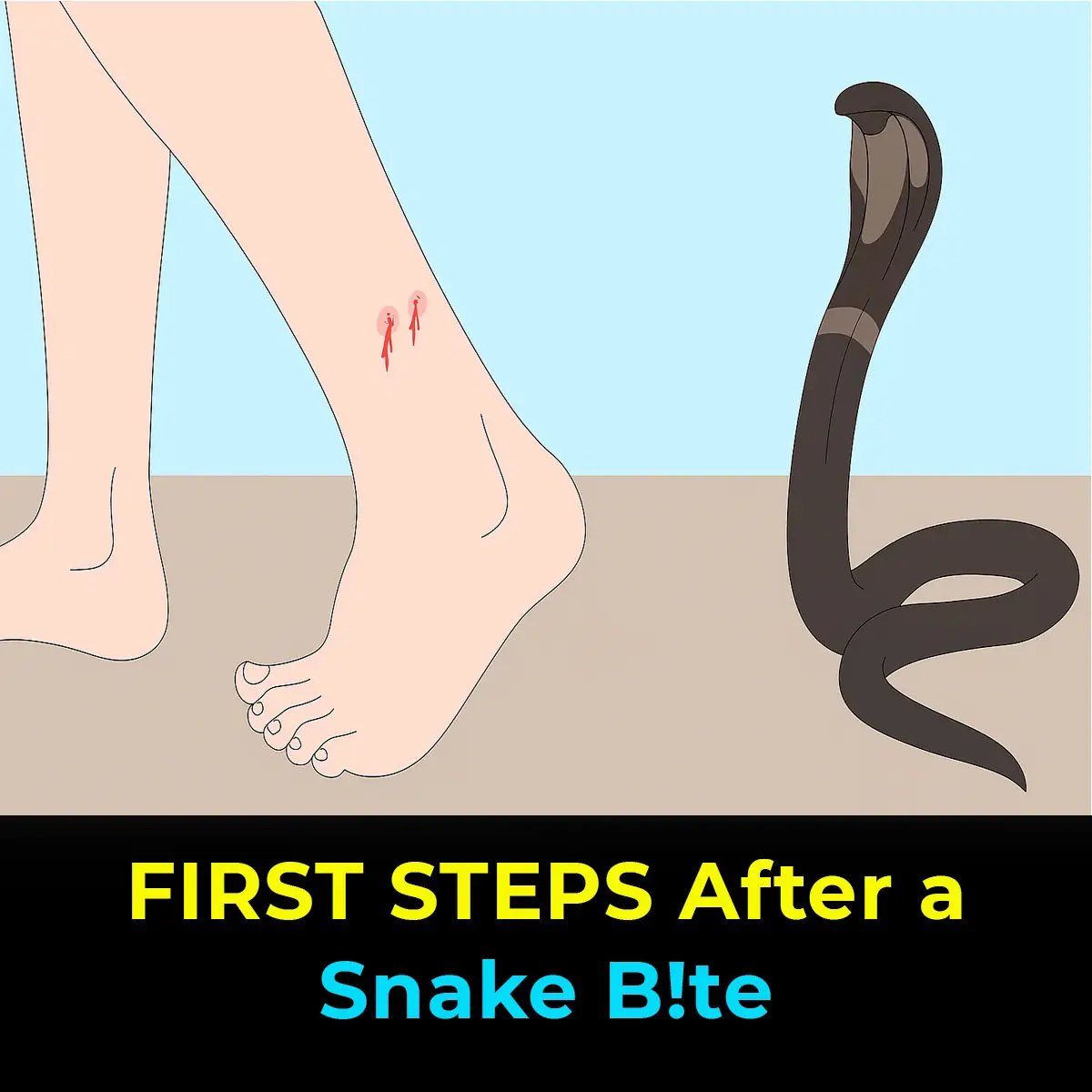
What to Do Immediately After a Snake Bite

Ever Seen This Creepy Wall-Clinging Moth? Meet the Kamitetep

Flight attendant explains the unexpected reason cabin crew keep their hands under their thighs during takeoff and landing

People Are Just Realizing Why Women’s Underwear Have A Bow On Front

Setting Your AC to 26°C at Night Might Not Be the Best Idea

What’s the Small Hole in a Padlock For?
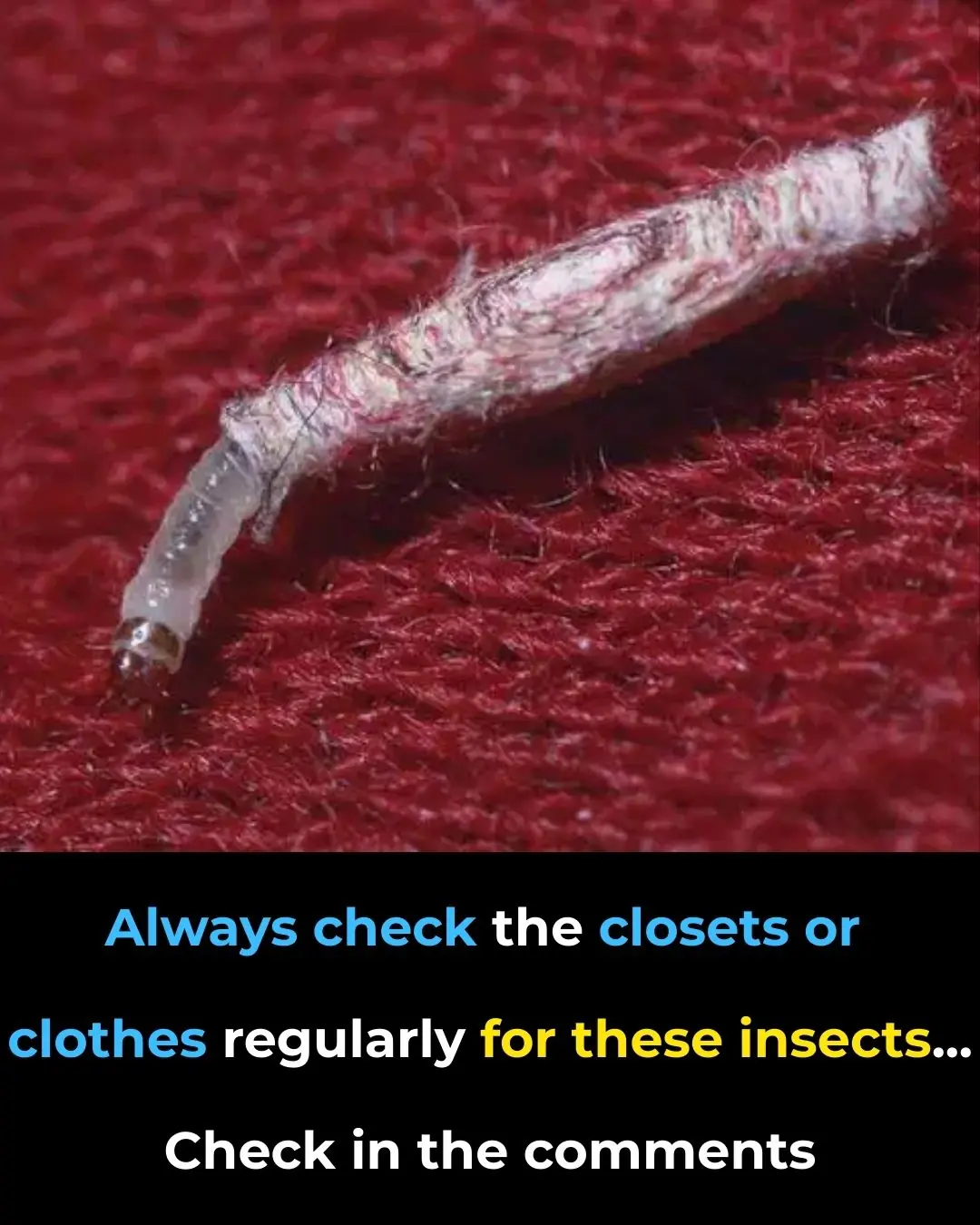
How to Get Rid of Moths Naturally

Say Goodbye to Joint and Foot Pain with a Relaxing Rosemary Bath

Gyan Mudra benefits revealed: How this ancient hand gesture can boost your mind and body

Man, 76, dies while trying to meet up with AI chatbot who he thought was a real person despite pleas from wife and kids

Black Cat at Your Doorstep? Here's the Hidden Spiritual Meaning and What It Reveals About You
It’s not unusual to open your front door and discover a mysterious cat waiting to be let in. While some see this as a spiritual sign of good luck, the truth is often much more practical—and just as fascinating.

NASA crew begins gruelling training for monumental mission that's not been done in 50 years

User 'terrified' after AI has total meltdown over simple mistake before repeating 'I am a disgrace' 86 times

$1M Plastic Surgery TV Star’s Transformation
News Post

Eating More Cruciferous Vegetables May Cut Colon Cancer Risk

Dogs Able to Sniff Out Parkinson’s Before Symptoms Appear
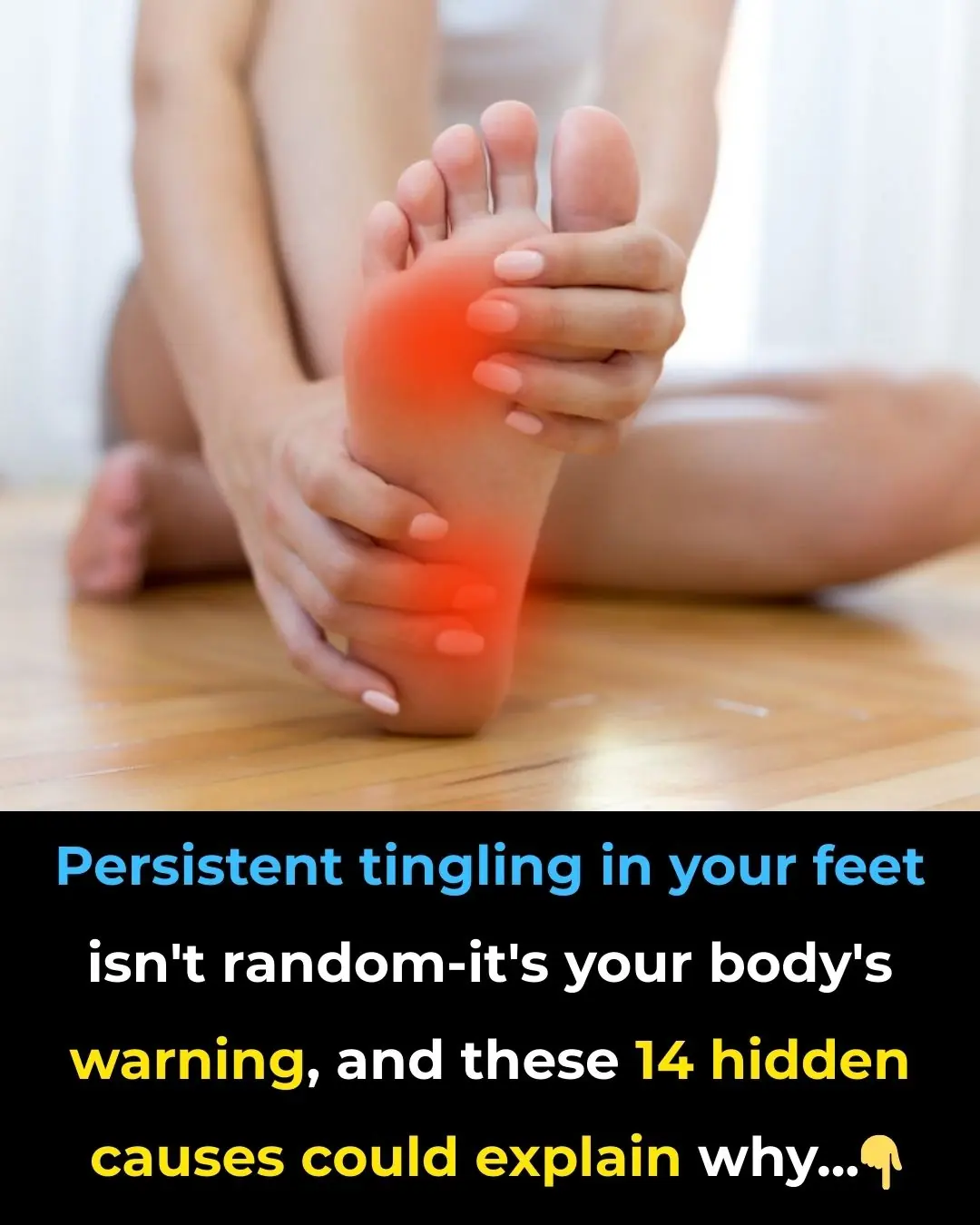
14 hidden causes of tingling feet (and what to do)
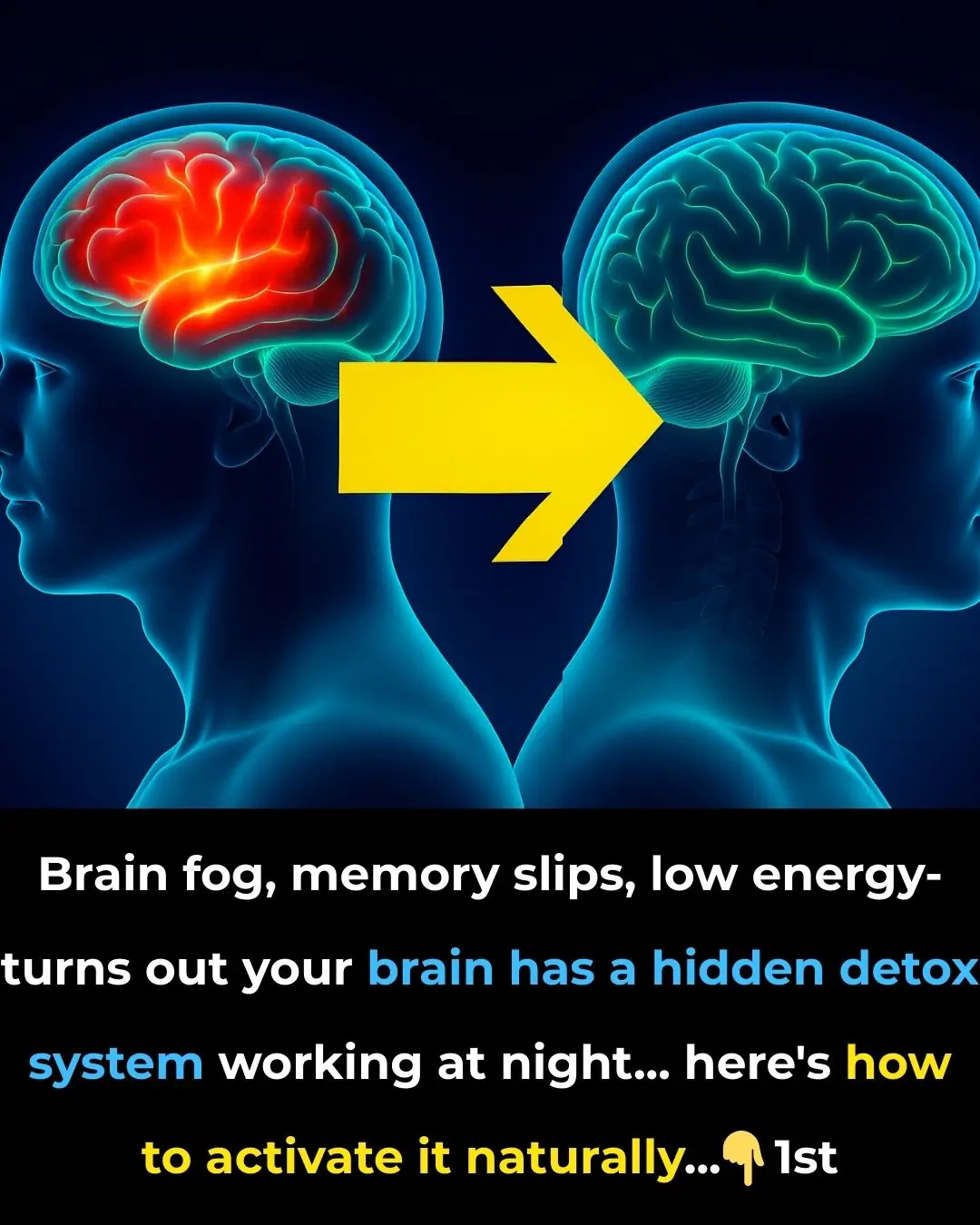
At last — how to detox the brain naturally

5 Blood Clot Facts Doctors Want You to Know

8 Foods That Help Lower Your Cholesterol

6 Harmful Foods That Weaken Calcium Levels
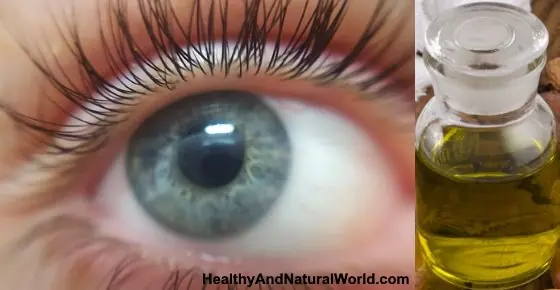
How to Use Castor Oil to Regrow Eyelashes and Eyebrows

Scientifically Proven Health Benefits of Avocado and Avocado Seeds

Experts Say They’ve Pinpointed the Cause of Autism—And It Could Lead to New Treatments

Scientists Say Cancer Can Now Be Detected Years in Advance with Simple Blood Test

You Can Adopt Puppies That Were ‘Too Friendly’ to Become Police Dogs

A Nigerian Scientist Developed a High-Tech Cancer-Detecting Goggles That Help Surgeons Spot Cancer Cells More Accurately.

Final straw that led to billionaire CEO's desperate escape from Japan inside 3ft box

Mutant deer with horrifying tumor-like bubbles showing signs of widespread disease spotted in US states

'Frankenstein' creature that hasn't had s3x in 80,000,000 years in almost completely indestructible

Scientists discover ultra-massive 'blob' in space with a mass of 36,000,000,000 suns

When a Washing Machine Shows 7kg, 8kg, or 10kg, Is That the Weight of Dry or Wet Clothes? The Real Meaning Behind These Numbers Is Something That Few People Know
